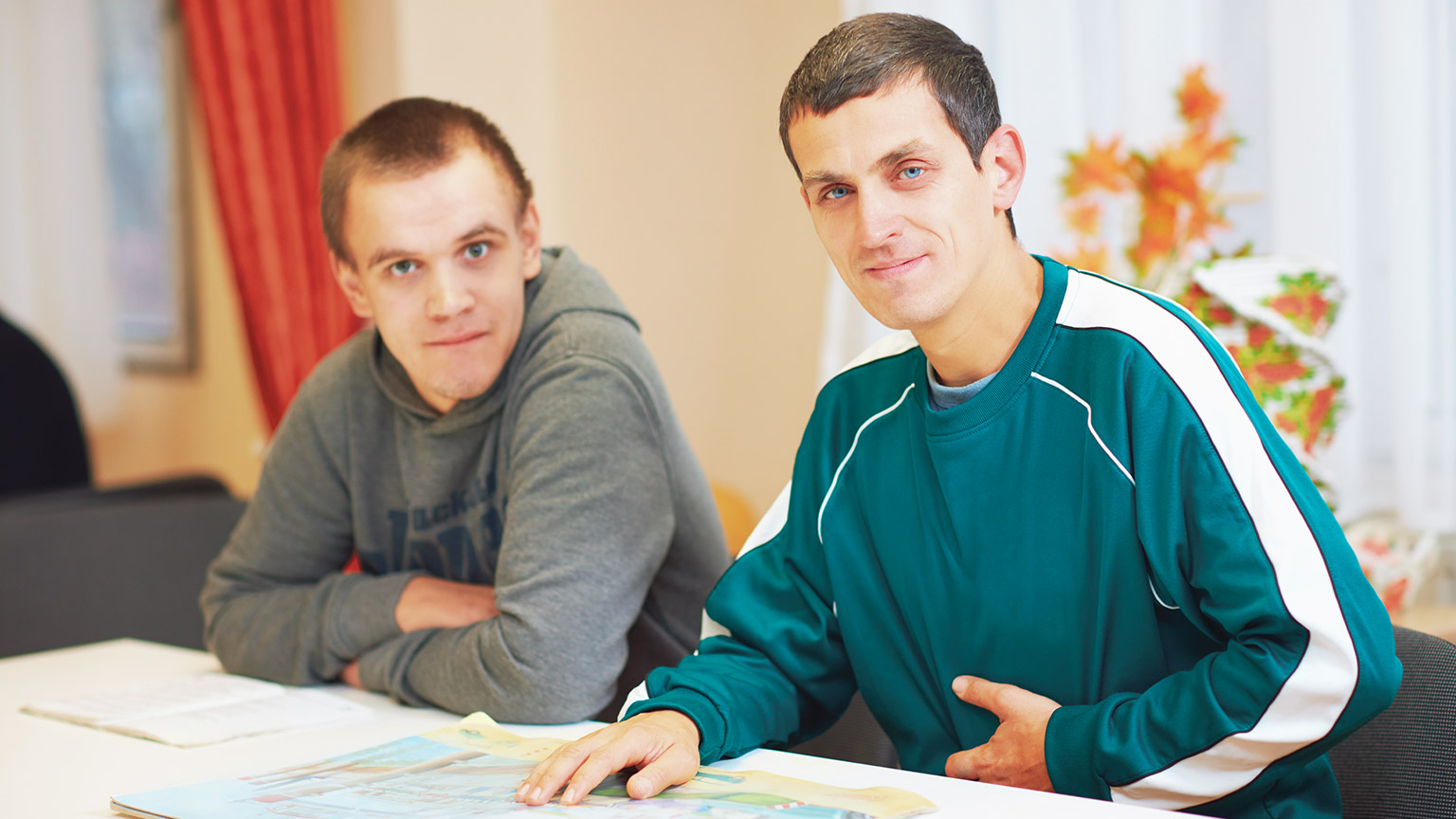Promoting awareness and understanding of neurodiversity involves breaking down stereotypes and fostering conversations. We should talk about the strengths of neurodiverse people, not just their challenges, to make these discussions normal in everyday life. It's important to provide training on neurodiversity to everyone, regardless of their job, to build empathy and create inclusive communities. Using respectful language is also important, both at work and in personal relationships.
Offering accessible training resources and taking action are crucial to educating others and raising awareness about neurodiversity in different situations.
When people appreciate what others can do and what they find more difficult – and when they recognise that these difficulties are not of their own making but due to a different cognitive profile – there is much more chance that they will help and support each other.ELT well
The following reading, features insights from Young Neurodiversity Champions in Aotearoa, providing experiences and advice for educators to better support neurodiverse students. The champions emphasise the need for recognition, understanding, and tailored approaches to unleash the potential of neurodiverse individuals.
Reading
Unlocking the superpowers of neurodiverse learners
Expected Duration: 25 minutes
Reading: Unlocking the Superpowers of Neurodiverse Learners
Post-Read Task:
- Identify and summarise the distinct experiences shared by neurodiverse champions Tom, Riley, Kartini, and Katie in the education system, highlighting key aspects such as personal journeys, initiatives, perspectives on resources, and calls for understanding and support.
- Investigate the specific initiatives led by the Neurodiversity in Education Coalition (i.e. Neurodiversity Champions, Neurodiversity Playbook, Neurodiversity Action Plan for Schools, Neurodiversity Clubs). Provide details on one key initiative, outlining its goals, methods, and outcomes.
In this video Elisabeth Wiklander shares her journey and challenges of living with autism. She describes her struggles with social expectations, emphasising the importance of acceptance. Elisabeth advocates for neurodiversity, challenging societal norms, and promoting equal rights for autistic individuals.
Watch: Neurodiversity – the key that unlocked my world (17:59 Minutes)
Post Watch Task
Reflect on Elisabeth's statement: "If we need a cure for anything, it's not for autism; it's for ignorance and intolerance."
How can individuals, communities, and institutions contribute to creating a more inclusive environment for neurodiverse individuals?
Imagine being a neurodiverse student trying to educate others and raise awareness. Put yourself in their shoes to better understand the challenges and successes they encounter.
Activity
Suppose you are a 13-year-old neurodiverse student gearing up for college. Using any word processor or note application, write a letter to your new school outlining your unique needs and requirements, encompassing academic, physical, and social aspects.
- Share any past difficulties you've faced in previous educational settings and express the changes or accommodations you'd like in order to avoid similar challenges.
- Clearly articulate what you need from teachers and the school administration to ensure a supportive learning environment, and highlight any policies or approaches that would contribute to your success.
- Be specific about your strengths and challenges, helping the school understand you better and create an inclusive space that fosters your growth.
- Addressing ignorance and intolerance, not neurodiversity, should be the focus for creating a truly inclusive environment.
- Break stereotypes and normalise conversations about neurodiversity by focusing on strengths over limitations.
- Provide neurodiversity training universally to foster empathy, understanding, and inclusivity.
- Use language thoughtfully to encourage respectful communication in both professional and personal contexts.
- Take tangible actions, such as accessible training, to educate and raise awareness about neurodiversity in various settings.
